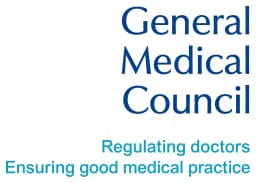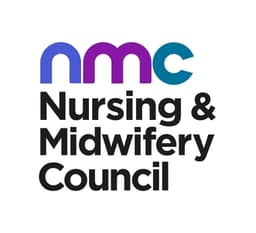Private Syphilis Test in London London
Syphilis is a sexually transmitted infection (STI) caused by the bacterium Treponema pallidum. In recent years, syphilis rates have increased across the UK, making regular screening an important part of responsible sexual health care.
Price
£75
+ £50 blood draw
- Results within 1 day"
- Confidential service
- No GP referral needed
- Professional clinical environment
- Results via secure portal
- Nurse-led expert care
Syphilis Test in London
Syphilis is a sexually transmitted infection (STI) caused by the bacterium Treponema pallidum. In recent years, syphilis rates have increased across the UK, making regular screening an important part of responsible sexual health care. At South Kensington Medical & Dental, we offer confidential syphilis testing in London using laboratory-certified blood tests with clear clinical interpretation.
Syphilis often progresses silently, particularly in its early stages. Many individuals do not realise they are infected until the condition is identified through routine testing. Early diagnosis allows for straightforward antibiotic treatment and prevents long-term complications.
Fast, Accurate & Confidential Testing
• Fast Results – Results typically available within 1 working day
• Expert Clinical Care – Testing overseen by experienced clinicians
• Accurate Laboratory Testing – UK-accredited laboratory analysis
• Strict Confidentiality – Your privacy is fully protected
Who Should Consider a Syphilis Test?
You should consider a syphilis test in London if you:
• Have had unprotected vaginal, anal, or oral sex
• Have multiple or new sexual partners
• Are undergoing routine STI screening
• Have symptoms suggestive of syphilis
• Want reassurance about your sexual health
Regular testing is a responsible step in protecting both your health and the health of your partners.
Syphilis and Its Stages
Syphilis progresses through several stages if untreated:
• Primary Syphilis – A painless sore (chancre) at the site of infection
• Secondary Syphilis – Skin rash, flu-like symptoms, swollen lymph nodes, or no symptoms
• Latent Syphilis – No visible symptoms, but infection remains active
• Tertiary Syphilis – Rare but serious complications affecting the brain, heart, or nervous system
Many people are diagnosed during routine screening rather than due to symptoms.
Why Syphilis Screening Is Important
Syphilis develops in stages and can cause serious health issues if left untreated. Early detection through accurate laboratory testing helps identify infection at an earlier stage, allowing timely medical assessment where required.
- Syphilis cases are rising significantly in the UK
- Early symptoms may be painless or go unnoticed
- Infection progresses through distinct stages if untreated
- Syphilis is a treatable infection when identified early through appropriate medical care
- An essential component of comprehensive STI screening
- 100% confidential testing and results
100% Confidential
Your privacy is protected
Fast Results
Results within 1 day"
Expert Care
Professional clinical team
Accurate Testing
Lab-certified results
How It Works
Book Online
Choose a convenient date and time
Visit Clinic
Quick and discreet appointment
Sample Collection
Professional, comfortable process
Get Results
Results within 1 day"
Frequently Asked Questions
Primary syphilis usually presents as a painless sore at the site of infection. Secondary syphilis may cause rashes, fever, fatigue, or swollen glands. Some individuals experience no symptoms, which is why testing is important.
You May Also Be Interested In
Related tests frequently booked alongside this one
Book a Confidential Syphilis Test in London
Our private syphilis testing service offers accurate results, professional clinical support, and complete confidentiality. No GP referral is required, and appointments are available at our South Kensington clinic.
Meet Our Medical Team
Our experienced medical team is fully qualified and registered with the GMC and NMC, delivering safe, high-quality care in line with the highest professional standards.
Because our patients deserve nothing less.
Registered. Regulated. Trusted.
At South Kensington Medical & Dental, we are fully registered with the Care Quality Commission (CQC) and our clinicians are registered with the relevant UK regulatory bodies, including the GDC and GMC. Our dentists, dental nurses and medical professionals deliver care that meets the highest clinical, safety and ethical standards, because our patients deserve nothing less.





